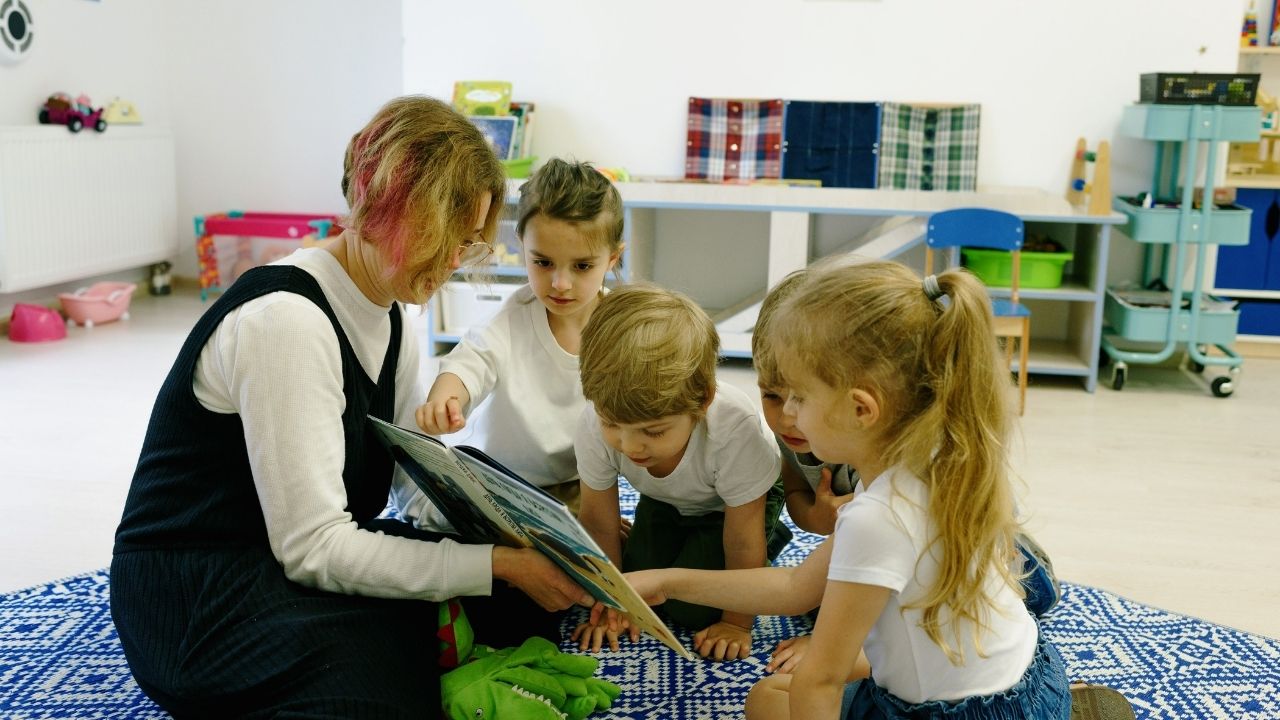
Understanding Social-Emotional Learning
Social-emotional learning (SEL) is a critical aspect of education that focuses on helping students develop the skills necessary to manage their emotions, build positive relationships, and make responsible decisions. SEL is not a standalone subject but rather an approach that can be integrated into all areas of the curriculum. By incorporating SEL into lessons, educators can help students develop the skills they need to succeed academically, socially, and emotionally.
The Benefits of Social-Emotional Learning
Research has shown that SEL has numerous benefits for students. Students who participate in SEL programs demonstrate improved academic performance, increased self-awareness, better relationship-building skills, and enhanced emotional regulation. SEL also helps students develop empathy, which is essential for building positive relationships and creating a supportive classroom environment. Additionally, SEL has been shown to reduce behavioral problems and improve overall school climate.
Strategies for Incorporating Social-Emotional Learning into Lessons
There are many ways that educators can incorporate SEL into their lessons. One effective strategy is to use literature to teach SEL skills. By selecting books that focus on themes such as kindness, perseverance, and conflict resolution, teachers can help students develop these important skills. For example, reading a book about a character who overcomes a challenge through hard work and determination can teach students about the importance of perseverance.
Another strategy for incorporating SEL into lessons is to use cooperative learning activities. Cooperative learning involves students working together in small groups to complete a task or solve a problem. This type of activity helps students develop relationship-building skills, such as communication, collaboration, and conflict resolution. By working together, students learn how to listen to others, share their ideas, and work towards a common goal.
Role-playing activities are another effective way to teach SEL skills. By acting out scenarios that require students to use SEL skills, such as empathy or emotional regulation, students can practice these skills in a safe and supportive environment. For example, a teacher might have students role-play a scenario in which one student is upset and another student tries to comfort them. This type of activity helps students develop the skills they need to support others and manage their own emotions.
Creating a Supportive Classroom Environment
Incorporating SEL into lessons is just one part of creating a supportive classroom environment. Educators must also model SEL skills themselves and create a classroom culture that values kindness, respect, and empathy. This can be done by setting clear expectations for behavior, providing opportunities for students to share their feelings and experiences, and celebrating successes both big and small.
Another important aspect of creating a supportive classroom environment is building positive relationships with students. When students feel valued and supported by their teachers, they are more likely to engage in learning and develop positive social-emotional skills. Teachers can build positive relationships with students by taking the time to get to know them, showing interest in their lives outside of school, and providing individualized support when needed.
Conclusion
Incorporating social-emotional learning into lessons is essential for helping students develop the skills they need to succeed in school and in life. By using strategies such as literature, cooperative learning, and role-playing, educators can teach SEL skills in a way that is engaging and meaningful for students. However, incorporating SEL into lessons is just one part of creating a supportive classroom environment. Educators must also model SEL skills themselves and create a classroom culture that values kindness, respect, and empathy. By prioritizing SEL in the classroom, educators can help students develop into confident, resilient, and empathetic individuals who are prepared for success in all areas of their lives.
 Careers in EducationElementary EducationHigh School EducationEducational TechnologyTeaching StrategiesSpecial EducationPrivacy PolicyTerms And Conditions
Careers in EducationElementary EducationHigh School EducationEducational TechnologyTeaching StrategiesSpecial EducationPrivacy PolicyTerms And Conditions
